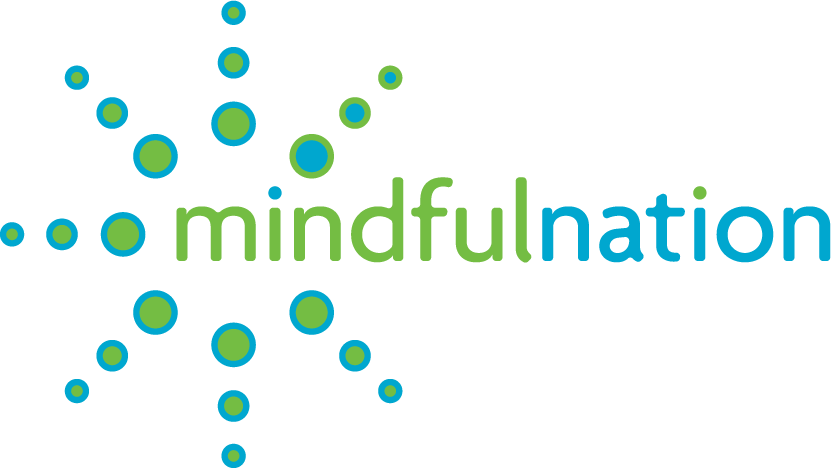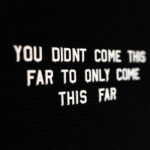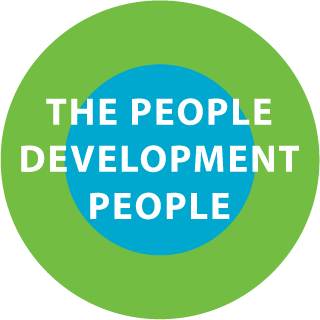
Anti-fragile
“The anti-fragile is beyond the resilient or robust. The resilient resists shocks and stays the same, the anti-fragile gets better and better”
“Much of modern life is preventable chronic stress injury”
– Nassim Nicholas Taleb: Author, Risk Analyst, former Options Trader.
At Mindful Nation we’re all about people development, with a particular focus on personal effectiveness. And to be truly effective as an individual we need to be able to experience difficulty and challenge ie stress, whether in the workplace or in our personal lives, and get stronger, rather than weaker or even, worst case scenario, break.
Anti-fragility is all about the idea of growth through struggle. It’s a condition whereby an entity gains from randomness, stress and disorder.
Human beings can be said to be anti-fragile. Our bones and muscles grow stronger when we load them with weight and ask them to do the work of lifting, pulling or pressing on a regular basis. When we apply appropriate stress to our fascial and connective tissue the body responds by producing adaptation in those tissues, so they become more supple and mobile and increase your range of motion. The body is designed to adapt and grow stronger when subjected to stress. Of course, when tissues, joints or muscles have been injured great care is needed to make sure we don’t go too far too fast with rehab and recovery. Nevertheless, we still need to subject the area to some stress otherwise those protected tissues atrophy and become unhealthy. “Use it or lose it” is the stark reality of the physical body.
Our psychological system is also designed to adapt and grow stronger as a result of stress. It’s designed for what’s called PTG – post-traumatic growth. This enables us to experience positive psychological change as a result of struggling with highly challenging, highly stressful life circumstances.
And what’s the opposite of stress? Comfort. We often tend to look for ways to be stress-free and feel comfortable. Staying in our carefully protected ‘comfort zone’ of engaging with other people in the way we always have and maintaining habits of behaviour and ways of thinking about self and others, comes at a terrible cost. We are keeping ourselves fragile, and likely to be harmed by unforeseen events both big and small. We become increasingly reactive as a consequence of being in a perpetual state of stress over even quite small things eg someone not letting you in or cutting you off in traffic, or a colleague who seems snappy.
Recognising how you tend to react in situations you find stressful, for whatever reason, and learning new skills, abilities and ways of thinking to deal more effectively with yourself and others, is a life-long journey of growth, learning, and development.
And it’s never too late (or early!) to start. Check out our Personal Effectiveness Program here.
We live in a time of massive change and uncertainty. And while we can’t control global or even local events that might occur, we can make sure we tap into PTG from these uncontrollables.
PS: ‘The concept and term ‘Anti-Fragile’ was originally coined by Nassim Nicholas Taleb, author of our opening quotes this month. He coined the word because, after looking at languages across the world, he couldn’t find a word which describes the ability to improve with stress, rather than merely resist it as the word ‘resilient’ implies. ‘Antifragile’ is the title of Taleb’s book about how to thrive in an uncertain world.
Image credit: 4 Drew Beamer – Unsplash
-
Anti-fragile
October 3, 2022 -
Emotional Intelligence
September 5, 2022 -
Self-Awareness
August 1, 2022







